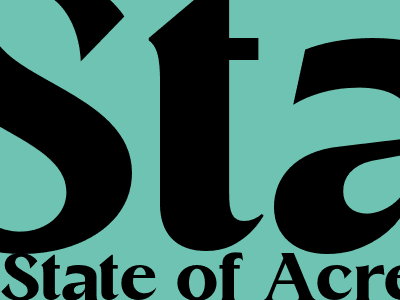
Brazil: State of Acre implements food security program to combat poverty
Addressing Food Insecurity and Poverty in the State of Acre
The State of Acre, Brazil, has introduced a comprehensive food security program to combat poverty and improve the well-being of its citizens. Recognizing the strong correlation between food insecurity and poverty, the program aims to provide vulnerable communities with access to nutritious food, promote sustainable agricultural practices, and empower individuals to achieve economic stability.
Key Components of the Food Security Program
The program is structured around several key components, including:
- Food distribution: Establishing a network of food banks and community kitchens to distribute food to individuals and families in need.
- Agricultural support: Providing training and resources to small-scale farmers to increase crop yields, improve livestock production, and adopt sustainable farming techniques.
- Nutrition education: Conducting workshops and campaigns to educate communities about healthy eating habits, nutrition, and food preparation.
- Income generation: Offering microfinance loans, job training, and entrepreneurship support to help low-income individuals establish sustainable livelihoods.
Addressing the Root Causes of Poverty
The program recognizes that poverty is a complex issue with multiple contributing factors. It aims to address the underlying causes of poverty by:
- Improving access to education: Investing in early childhood education, primary and secondary education, and vocational training to enhance human capital and provide individuals with the skills needed for employment.
- Promoting gender equality: Empowering women through education, job training, and leadership opportunities to reduce the gender gap and increase women's participation in the labor force.
- Strengthening social protection systems: Expanding access to healthcare, housing assistance, and social security programs to provide a safety net for vulnerable populations.
Measuring Impact and Ensuring Sustainability
The program's success will be evaluated through regular monitoring and assessment activities. Indicators such as food security levels, poverty rates, and economic empowerment will be tracked to measure progress and identify areas for improvement. The program is designed to be sustainable by involving local communities in its implementation and management, ensuring its long-term impact.
Conclusion
The State of Acre's food security program is a significant step toward addressing the intertwined issues of food insecurity and poverty. By providing access to food, promoting sustainable agriculture, empowering individuals, and addressing the root causes of poverty, the program aims to improve the well-being of vulnerable communities and create a more equitable and prosperous society. Its implementation and evaluation will provide valuable insights for other regions facing similar challenges.